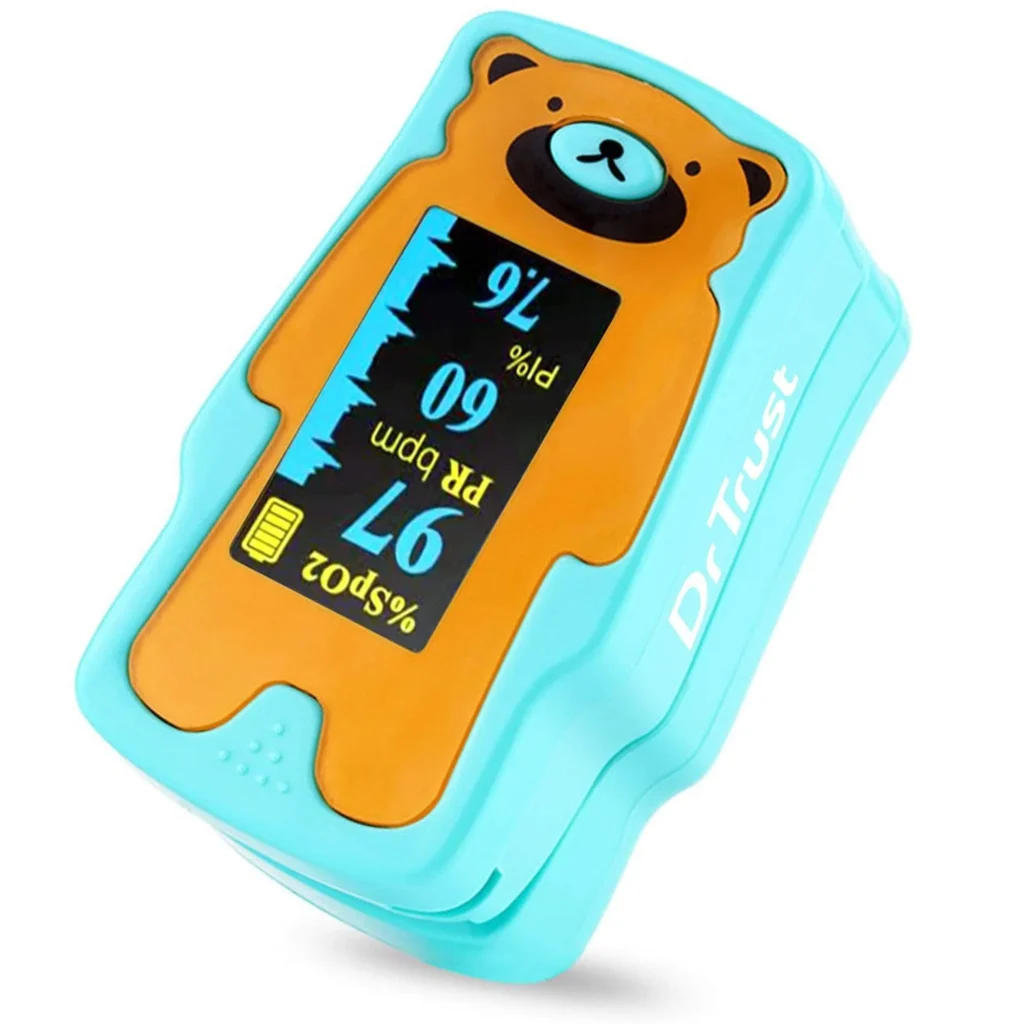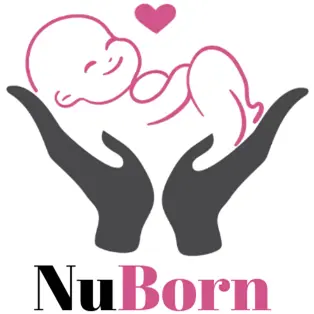
Introduction
The birth of a newborn is a momentous occasion filled with joy and hope for the future. However, it is also a time when early detection of potential health issues can make a life-saving difference. One such condition that requires prompt diagnosis and expert care is Congenital Heart Disease (CHD). At New Born Care Center, we understand the paramount importance of early identification of critical congenital heart issues. Pulse oximeters have emerged as excellent tools for this purpose, allowing us to assess newborns’ oxygen saturation levels swiftly and accurately. Under the expert guidance of Dr. Sharavan Kumar, the Best Pediatrician in Bihar, we prioritize the use of pulse oximeters to detect CHD in newborns, ensuring timely interventions and optimal outcomes. In this blog, we will delve into the significance of pulse oximeters in newborn care, the early signs of CHD, and the invaluable expertise of Dr. Sharavan Kumar in providing comprehensive care for these tiny patients.
Chapter 1: The Power of Pulse Oximeter in Newborn Care
1.1 Understanding Pulse Oximetry
Pulse oximetry is a non-invasive and painless method used to measure the oxygen saturation levels in a person’s blood. This section will provide a comprehensive overview of pulse oximetry, its principles, and its applications in newborn care.
1.2 Importance of Early CHD Detection
Early diagnosis of CHD is vital for initiating timely interventions and improving the chances of a positive outcome. We will explore the significance of pulse oximeters in promptly identifying critical heart issues in newborns.
Chapter 2: Congenital Heart Disease: A Critical Condition
2.1 Defining CHD and Its Prevalence
CHD is a group of heart abnormalities that are present at birth. This section will define CHD, highlight its prevalence, and discuss the importance of early detection for better management.
2.2 Critical CHD: The Importance of Immediate Diagnosis
Some forms of CHD require immediate medical attention to prevent life-threatening complications. We will focus on critical CHD and the urgency of early diagnosis using pulse oximeters.
Chapter 3: Understanding Pulse Oximeter Readings
3.1 Interpreting Oxygen Saturation Levels
Pulse oximeters display oxygen saturation levels as a percentage. In this section, we will explain how to interpret these readings and identify potential concerns in newborns.
3.2 Factors Affecting Oxygen Saturation
Various factors can influence pulse oximeter readings. We will discuss these factors to ensure accurate assessments and avoid false alarms.
Chapter 4: Identifying CHD Through Pulse Oximetry
4.1 Screening Newborns with Pulse Oximeters
At New Born Care Center, pulse oximetry is a standard screening tool for newborns. This section will delve into our screening protocols and the significance of this non-invasive procedure.
4.2 Warning Signs: Oxygen Saturation Below 90%
Oxygen saturation below 90% is considered a matter of concern in newborns. We will explore the red flags associated with such readings and the immediate steps taken at our center.
Chapter 5: The Role of Echocardiography (ECHO)
5.1 Echocardiography: A Definitive Diagnostic Tool
When pulse oximetry raises concerns, echocardiography, or ECHO, becomes essential to confirm the diagnosis of CHD. We will discuss the significance of ECHO in providing a detailed assessment of heart structure and function.
5.2 Early Intervention through ECHO
Early detection through ECHO enables us to devise appropriate treatment plans, including surgical interventions if necessary, for newborns with critical CHD.
Chapter 6: Dr. Sharavan Kumar: A Pioneer in CHD Care
6.1 Introducing Dr. Sharavan Kumar
Dr. Sharavan Kumar, the Best Pediatrician in Bihar, is renowned for his expertise in neonatal medicine and CHD care. We will provide an overview of his qualifications, experience, and contributions to the field.
6.2 The Pursuit of Excellence
Dr. Sharavan Kumar’s commitment to excellence in CHD care is evident in his dedication to continuous learning and staying abreast of the latest advancements in pediatric cardiology.
Chapter 7: Ensuring Comprehensive CHD Care
7.1 Multidisciplinary Team Approach
At New Born Care Center, we adopt a multidisciplinary approach to CHD care. This section will highlight the collaborative efforts of our team, including pediatric cardiologists, cardiac surgeons, and neonatologists, in providing comprehensive care.
7.2 Family-Centered Care
We prioritize family involvement in CHD care, ensuring parents are informed partners in their child’s medical journey. This section will explore how we offer support and resources to families facing CHD challenges.
Chapter 8: Success Stories and Optimistic Outcomes
8.1 Real-Life Success Stories
The combination of pulse oximetry screening and expert CHD care has led to remarkable success stories at New Born Care Center. This section will share some heartwarming tales of newborns thriving after receiving timely interventions.
Conclusion
At New Born Care Center, the magic of pulse oximeters and the expertise of Dr. Sharavan Kumar converge to create an environment of precision and compassion in newborn care. Our commitment to early detection of CHD through pulse oximetry and the use of ECHO as a definitive diagnostic tool ensures that newborns with critical heart issues receive prompt and optimal care. With Dr. Sharavan Kumar’s visionary leadership and our multidisciplinary team’s collaborative efforts, we continue to make a positive impact on the lives of our tiniest patients and their families. Through the seamless integration of advanced technology and compassionate care, we embrace the future of newborn care, nurturing every newborn into a healthier and happier tomorrow.

